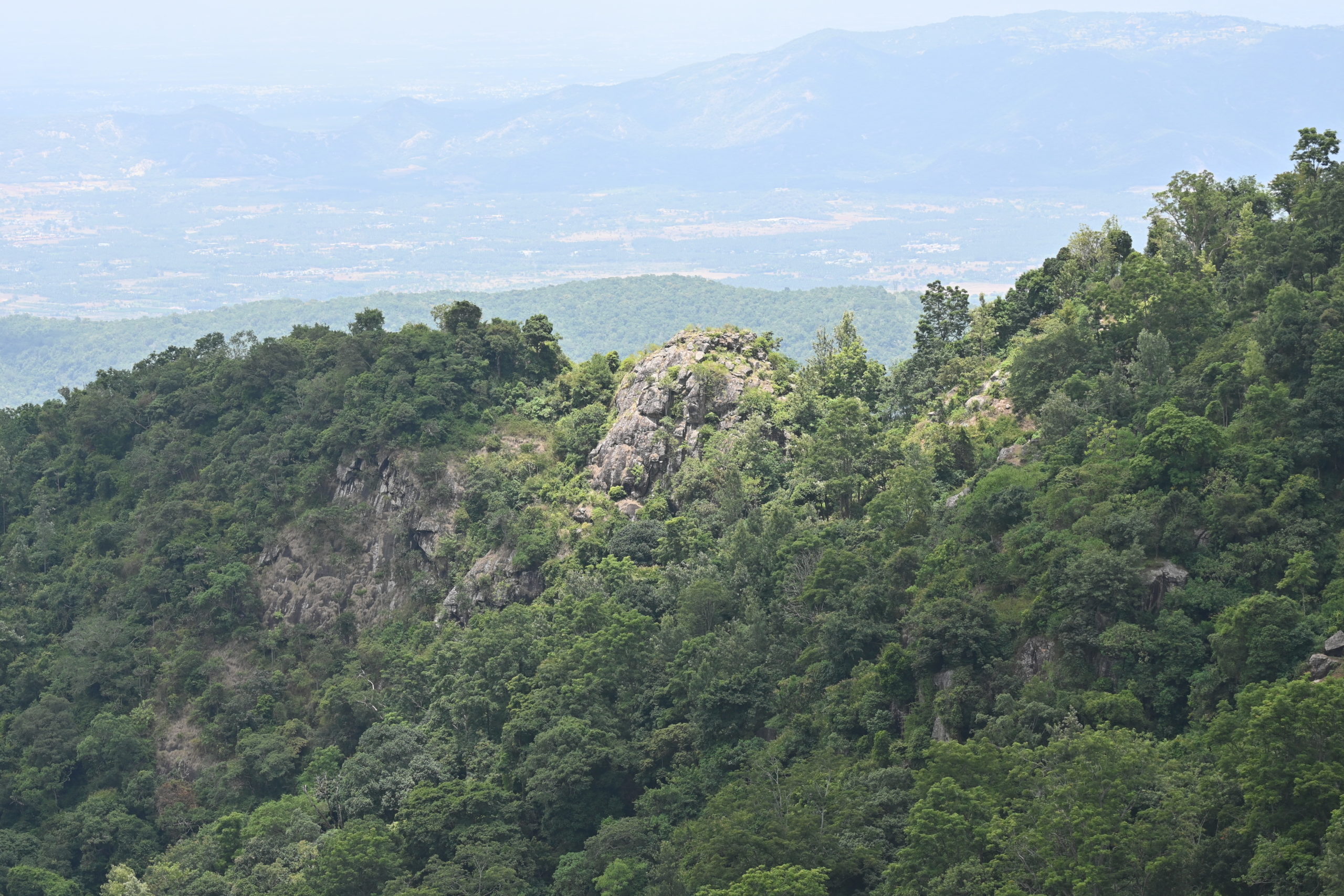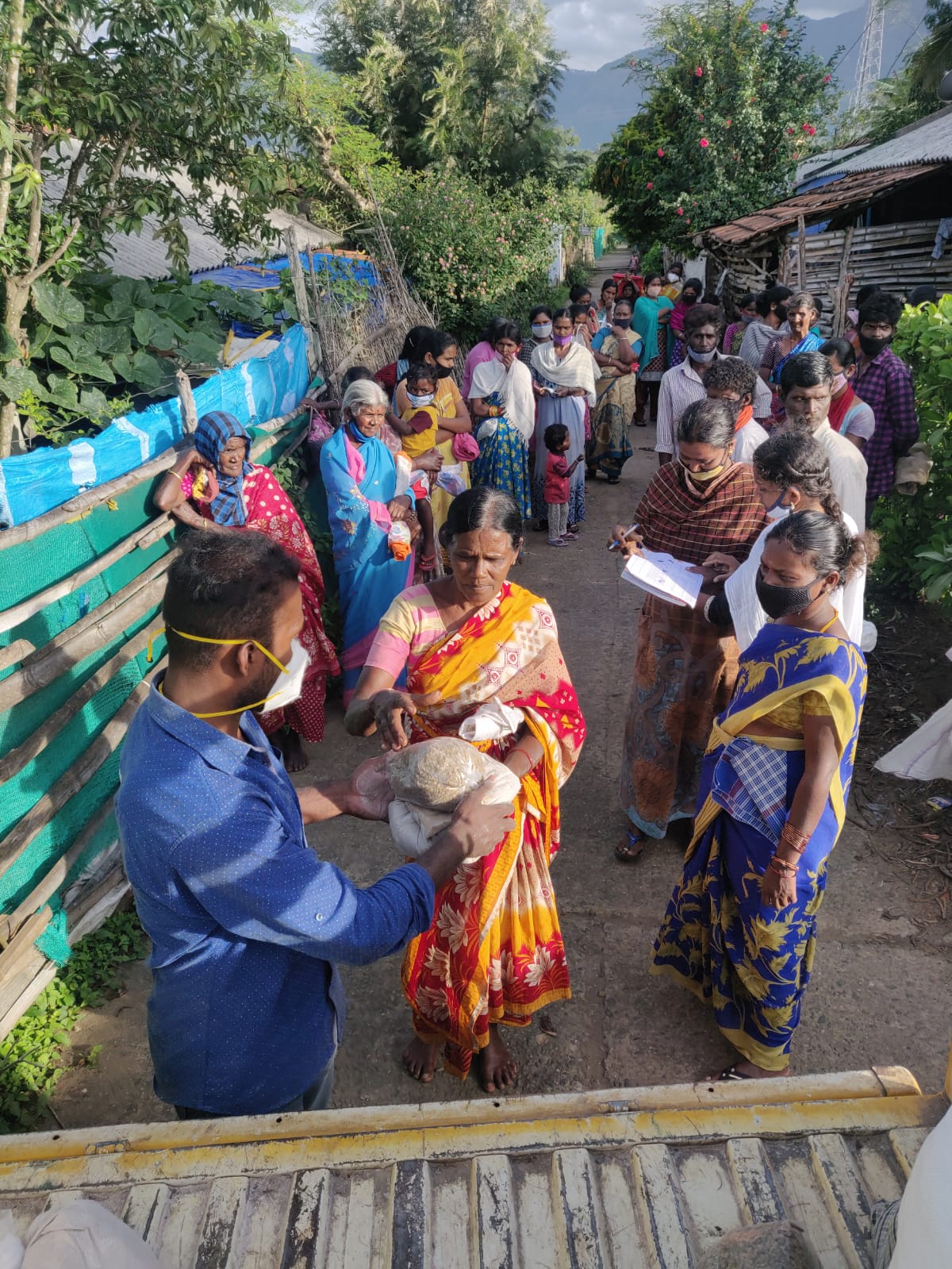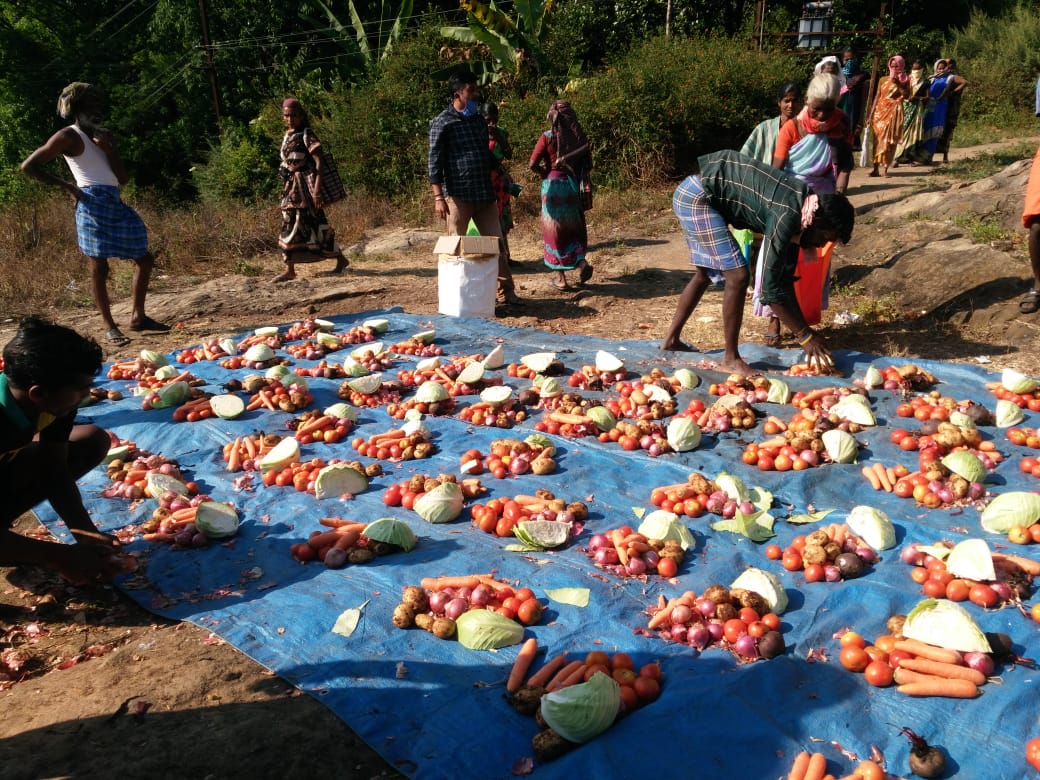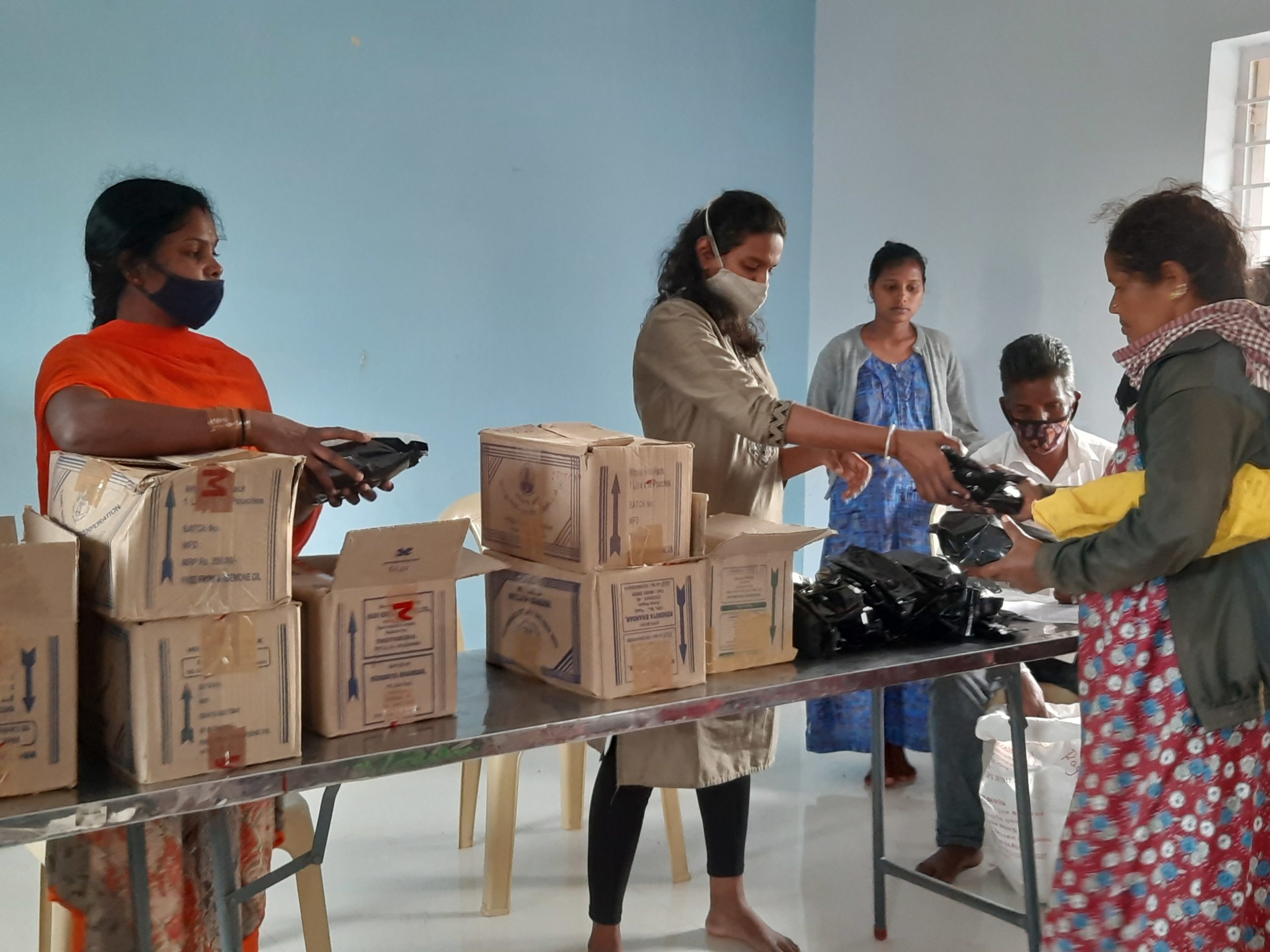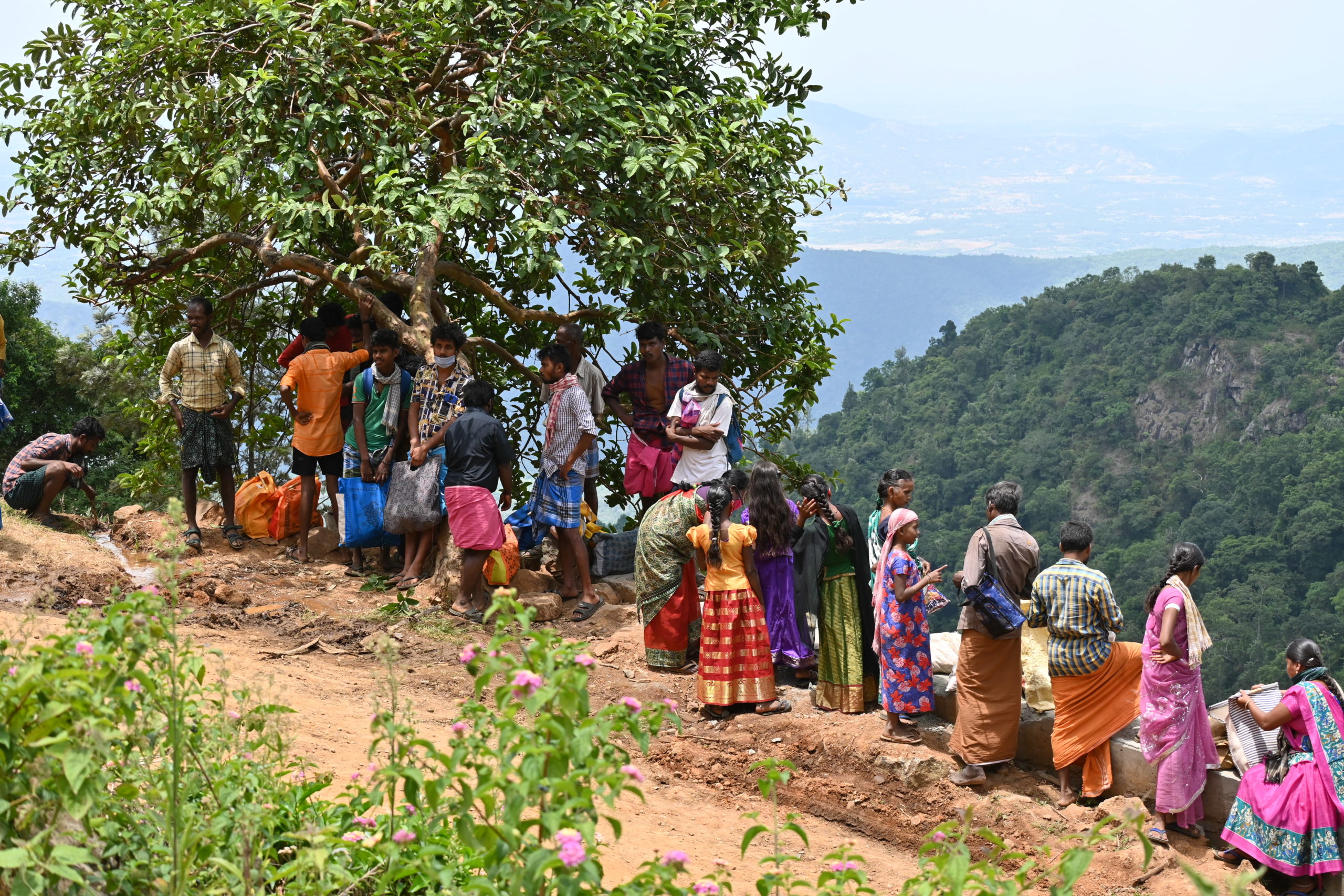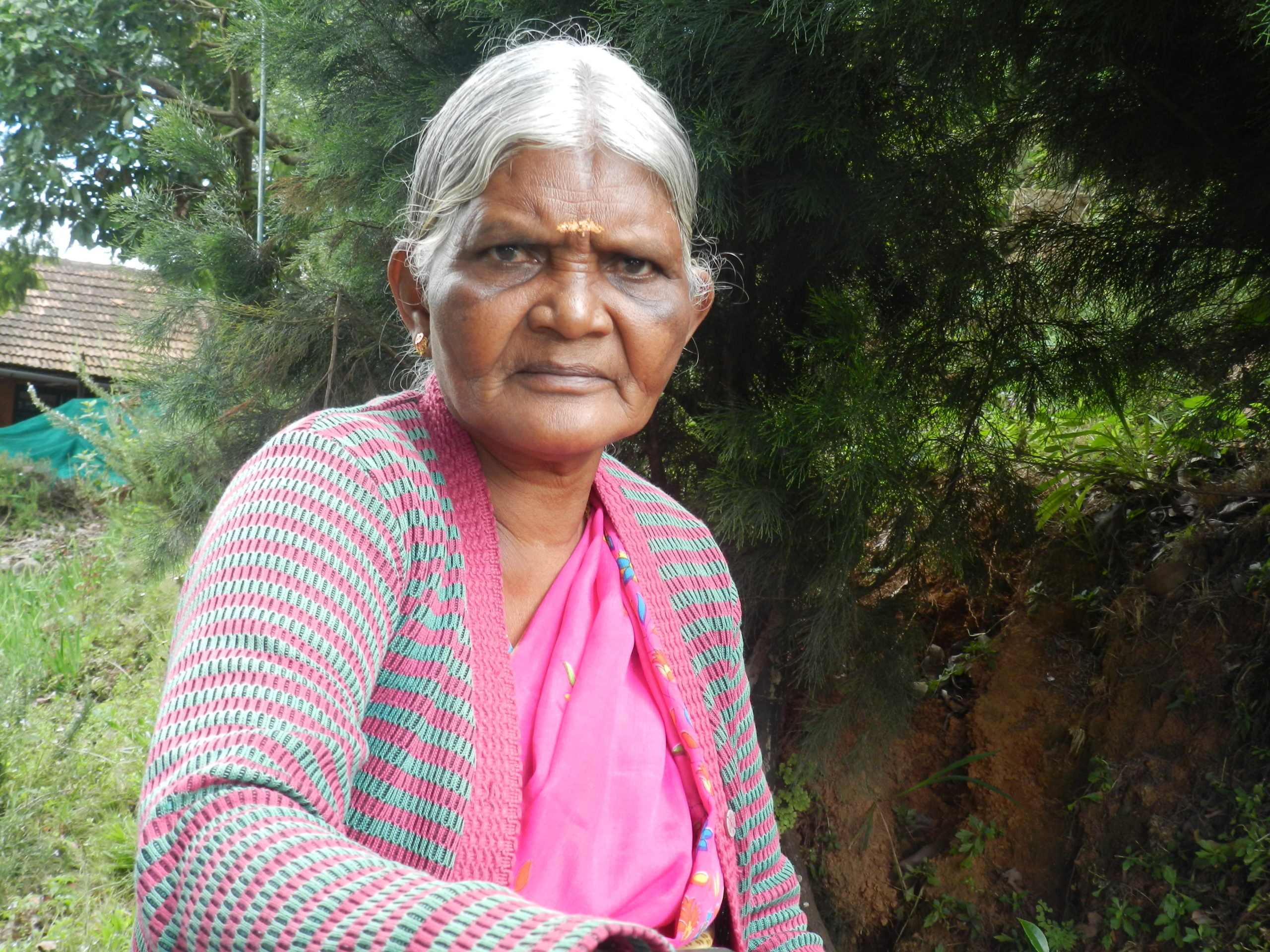Our team, with the help of our field staff and community health workers, has been keenly monitoring the status on the ground and tracking the various needs of the communities. We are actively trying to raise funds to help support the communities we work with. We have put together a list of essential items for direct distribution to the vulnerable households in all five districts (Nilgiris, Coimbatore, Erode, Nilambur and Wayanad), and urgent medical supplies that will be given to the respective district administration on a need basis.
The numbers below reflect relief support until July 2021.
Households that received food provision kits: 6106
Covid-affected families that received nutrition kits: 68
Sanitary workers who received safety and immunity booster kits: 450

